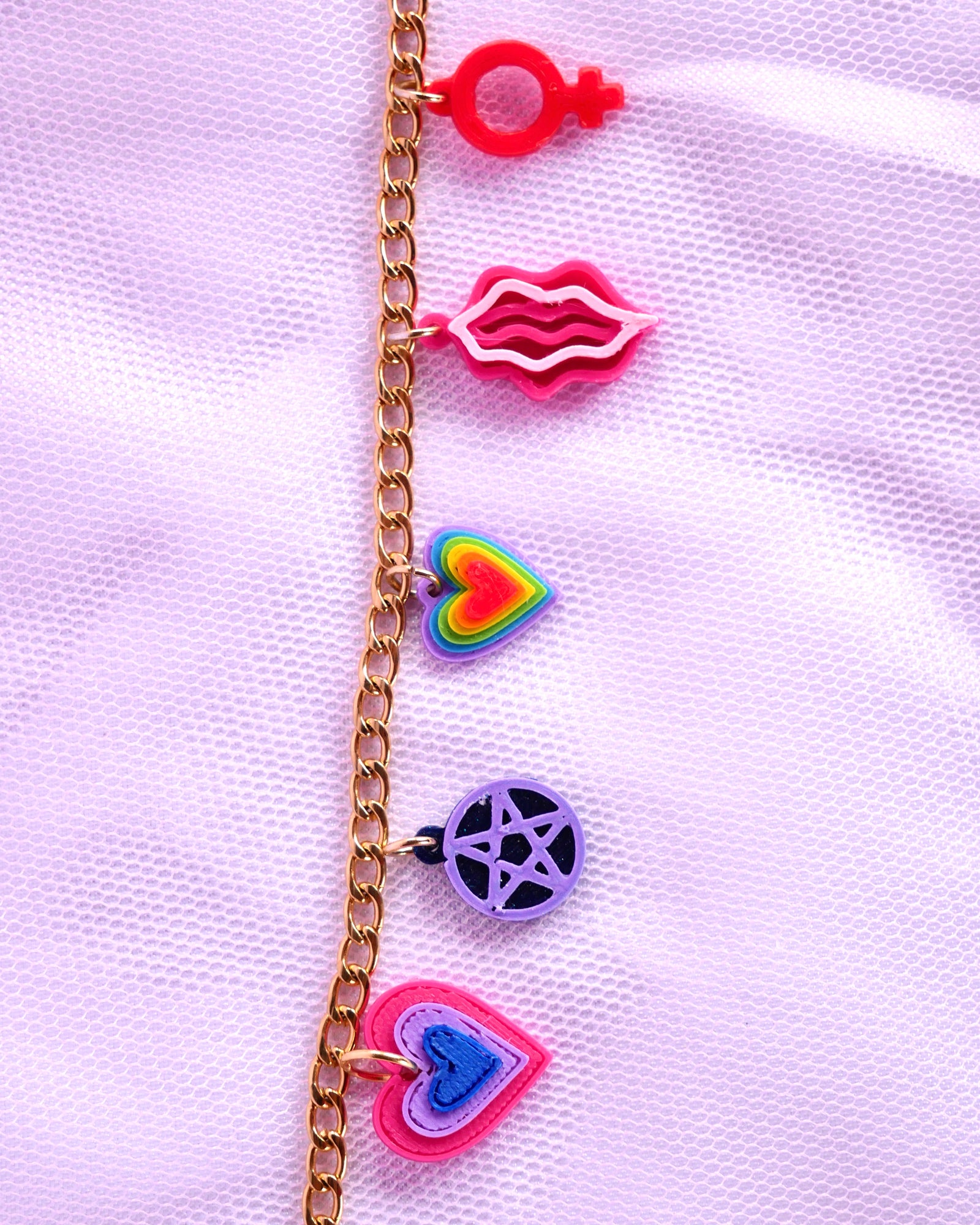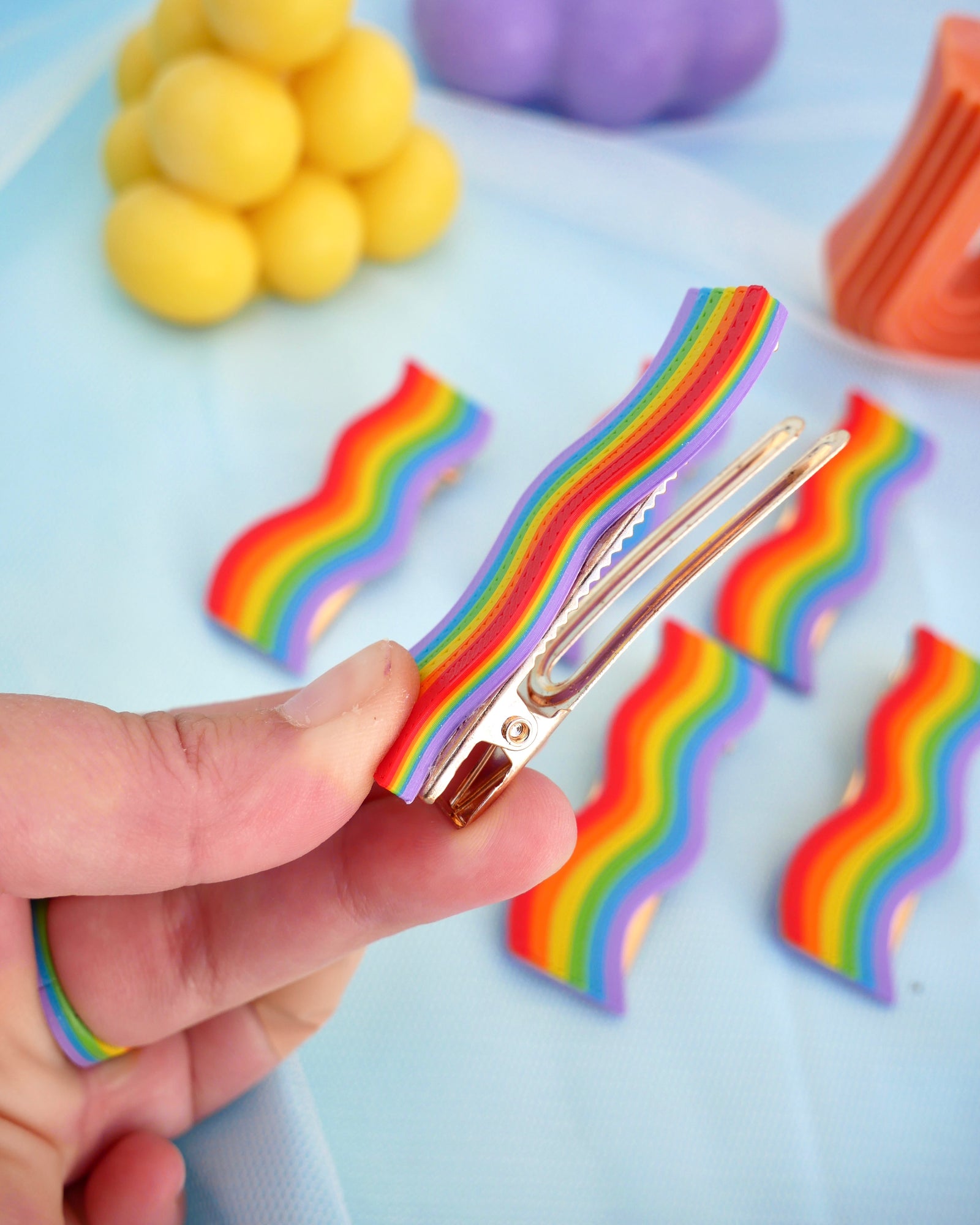INTERSECTIONAL FEMINIST IN PROGRESS, what the heck is that?
December 29, 2020
You can read it in my bio and you can see it in my contents: I define myself as an intersectional feminist in progress. But what do I mean? Let's break it down.
Intersectionality
Kimberle Crenshaw, a US scholar, educator and activist, appears to have been the one to coin the term intersectionality.
Intersectionality recognises that each one of us has many overlapping identities and social categories (gender, ethnicity, religion, ability, sexual orientation, race) and that each one of these has an impact on the way we live within society. Starting from this understanding, intersectionality analises how the complex system of social categories we “fit into” as a single human being, affect our experiences, life outcomes and views of the world.
For example, a white woman with a disability faces sexism AND ableism. A black gay man faces homophobia AND racism. A Muslim non-binary person faces genderism and islamophobia. All these types of discriminations will affect each human’s values and ideas, their opportunities (eg. education and work), and interactions with others.
Intersectionality and Feminism
The reason why intersectionality is so important to feminism is that, since fourth wave feminists (meaning current feminists) want equality for all, feminism itself needs to be rooted in the understanding that the “all” we are talking about have a wide range of experiences that we need to learn about and understand. Only by understanding a social group’s experience (and how intersects with others’) can we really support them in their fight for equality.
Therefore, in conclusion, we can quite easily state that, nowadays, all feminists must be intersectional to be feminists at all. Because, as mentioned, real feminism is equality for all. Whoever might describe themselves as feminists but stand for ANY type of discrimination, aren’t feminists.
In Progress
Does this mean I have never discriminated against anyone? Or that to be considered a feminist you need to be perfectly intersectional at all times? No, not at all. I have been and am guilty of discrimination constantly despite my best efforts, as we all are, and it is probably impossible to achieve perfect intersectionality since we are all humans with subconscious biases and internalised -isms.
That is why I love to define myself as an intersectional feminist in progress, definition first heard from legend Jameela Jamil: it allows me to aim high, recognise my mistakes, and hold myself accountable without ever having to feel or be considered guilty for not being able to achieve a perfection that is only suited for theoretical ideals.
Leave a comment
Comments will be approved before showing up.
normale by Chiara
All of the blogs you can find on this website are by Chiara, the queer, disabled, transfeminist artisan behind normale.
Thank you for taking some time to read my pieces 💖
Recent Articles
-
Impostor Syndrome and Pansexuality - 3 year update
June 28, 2024
-
What *not* to do if your partner is Asexual
April 22, 2021











